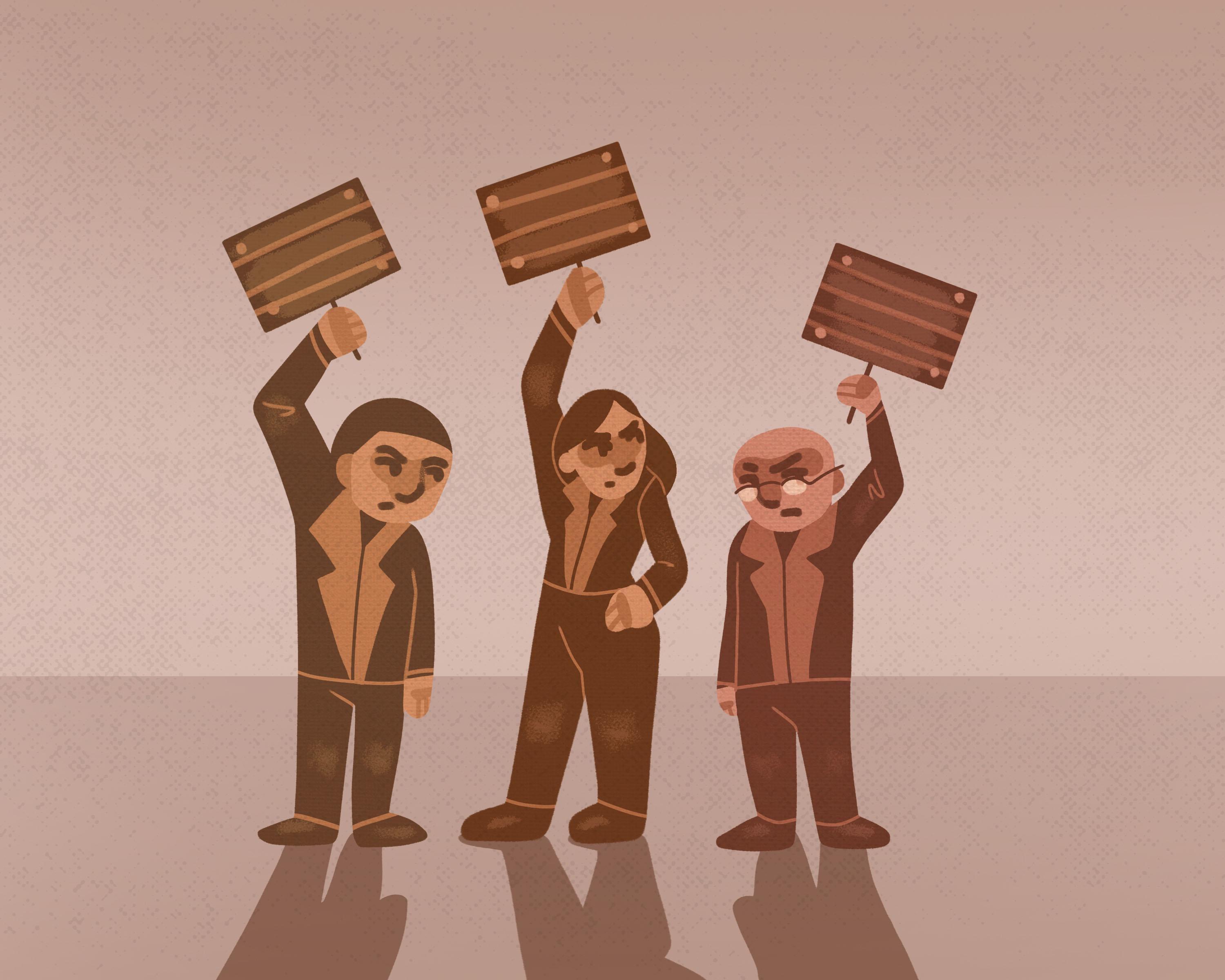Foster Lyle, staff
Take any finance course and you will hear that a free market is an efficient market. A free market is one where the market decides what it needs, causing others to provide products and services to cater to these needs.
Looking at the labour market is fundamentally the same. Employers supply a package to an employee, which is called compensation, and in return the employer is entitled to the labour of the employee. These packages include both financial compensation—such as a salary, health benefits, and other perks—as well as non-financial benefits such as good management, an enjoyable company culture, and satisfaction.
In the open market, things flow nicely. Employers who offer good benefits, fair salaries, and an array of non-financial benefits get a larger number of applicants, and in turn employ the most qualified individuals. Employers who opt to offer subpar compensation get fewer applicants and resort to hiring less-qualified individuals.
A union fundamentally throws a wrench into this beautiful, well-oiled machine. Unions bring together employees who want more than what the company, industry, or market is offering for their labour. By doing this, the entire open-market concept is ruined, as now employers are forced to compensate more than the market is actually demanding for their labour. These employers could of course return to the open market and try to find labour, but since there is a union in the market and employees know they can get better compensation, they will hold out knowing the employer will eventually have to pay this.
As an employee, this sounds amazing! Getting paid more while providing the same labour? Who wouldn’t want that deal? The issue is that this break in the open market affects more than just the individual.
Firstly, businesses generally despise unions because they hurt their bottom line. When a firm is unionized, net income can fall by between three and nine per cent through a combination of increased wages and increased bureaucracy. It is not uncommon for firms to be forced to make this up by other means, often by reducing non-financial compensation to some degree. Small businesses also struggle to stay afoot post-unionization, because their already thin margins cannot handle the increased wages and inefficiencies unions bring.
Unions don’t just hurt business, though; they hurt people, too. When businesses begin to feel the pressure of a reduced bottom line, the first things they do is increase consumer prices, making products and services more expensive for you and me. In the short-term, this hurts our wallets, making it harder for the average consumer to get by and forcing them to make each dollar go further. Long-term, increased prices lead to inflation, which hurts not only our wallets, but our economy. This, paired with struggling businesses, can be disastrous if not corrected over time.
The ironic thing about unions is they are not tied to increased worker satisfaction or happiness, but instead actually decrease the job satisfaction the average worker realizes. This dissatisfaction can be tied to many different factors, but two play a major role.
First, unionized workers are less likely to trust their workplace because they have reduced interaction with and therefore distance from their employer. By being less trusting, employees shift towards being on their guard, which reduces satisfaction.
Secondly, lower-level employees feel the strain of the hierarchy that unions undoubtedly create. Higher-level employees are compensated more, regardless of effort or ability, while lower-level employees may in fact work harder. This inequality in the workplace breeds conflict and ultimately unhappiness.
Read the other side of the argument here.




